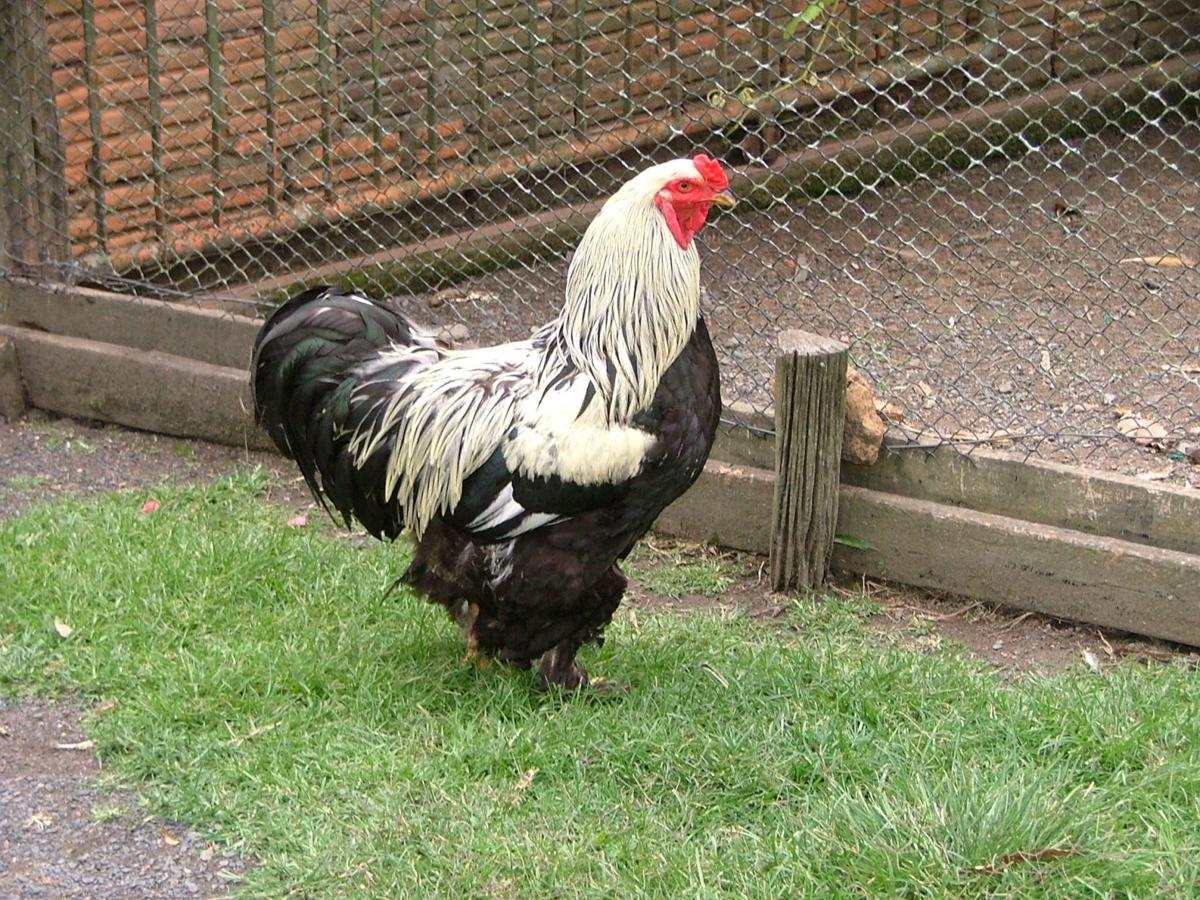Each year, thousands of Arizona residents email or call Rosie Romero’s radio show with questions about everything from preventing fires in their chimneys to getting rid of tree roots invading their sewer system. His goal is to provide answers that suit the specific lifestyle wherever someone lives in Arizona.
QUESTION: I live in an area where homeowners are allowed to have chickens. My problem is that there is a rooster living with the chickens and you can hear him crowing all night long. This has gone on for a while and I can’t stand the noise any more. How can I deal with this?
ANSWER: Even if chickens are allowed by many cities, they generally do not allow homeowners to have roosters. You should check with the city zoning and planning department and notify it that there is a violation. Though you could also go see the homeowner and ask for help controlling the noise. It’s possible that they could put him in a shed at night so it wouldn’t bother you anymore. That might be the first step to take. It’s a total myth by the way that roosters only crow at sunrise; they actually can crow at any time of day. Most people who raise chickens get rid of the roosters because they don’t need a rooster around in order for the chickens to lay eggs.
Q: I have 7-foot-tall oleanders and want to cut them down to a foot high. Is that OK to do at this time of year? I don’t want to damage them.
A: Don’t worry about them, they’re hard to kill. They can be burned down to the ground in a fire and in a few weeks they’ll be growing again. But remember to dispose of oleander cuttings and debris very carefully. You don’t want pets or horses or children to chew on the leaves. They can be very poisonous to humans and animals.
Q: I want to replace my very noisy home air conditioner which is only 10 years old but no longer blows cold air. The air conditioning contractor says I need to stick with a 4-ton unit like the one I now have. But I have heard that new small units can be more efficient than large ones. I live in a 10-year-old double-wide mobile home with three bedrooms and two baths.
A: We usually suggest that most homeowners can buy smaller size ACs because today’s smaller units operate more efficiently and cost less to run. A smaller unit running longer will also establish better air quality in your home. Before you buy a 4-ton unit, ask to see the salesperson’s “Manual J” spreadsheet which breaks down the calculations he or she used for an estimate of what you need to buy.
Q: I have a couple of 15- to 20-foot tall Italian cypresses that have turned gray. Am I not applying proper fertilizer or do they have a disease?
A: Our guess is that your trees are infested with mites. You can find out for sure by taking a sheet from a pad of yellow legal paper and then shaking one of the branches over the paper. You’ll see tiny insects moving around on the paper. Those spider mites you can hardly see are sucking the chlorophyll out of your trees. You should use a strong water pressure spray to remove them off the trees. You also need to treat the tree with spinosad, a natural substance made by a soil bacterium that can be toxic to insects. It is used on a wide variety of pests including spider mites, thrips, leafminers, mosquitoes and others.





